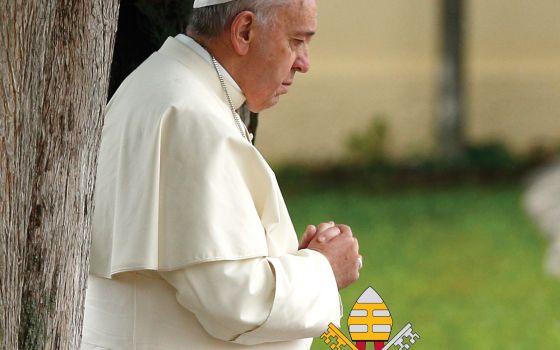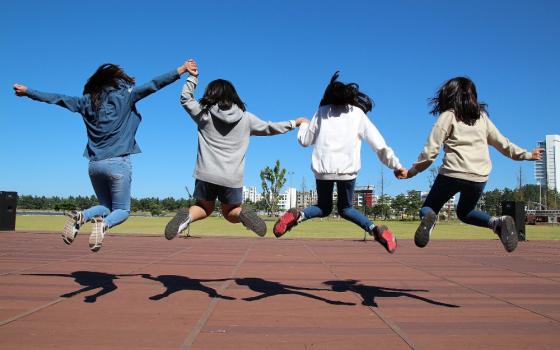READ
Chapter 4, sections 1 and 2
In chapter 4, Pope Francis introduces the concept of "integral ecology," or the interconnectedness of everything, combining sociology (the science of the structure and functioning of human society) and ecology (the science of how living things interact with their environment). Basically, it's his way of describing the necessity for an integrated approach to social and environmental justice. Francis writes: "Today, the analysis of environmental problems cannot be separated from the analysis of human, family, work-related and urban contexts, nor from how individuals relate to themselves, which leads in turn to how they relate to others and to the environment" (141).
Francis ties the "social" part of this ecology to the importance of institutions: "If everything is related, then the health of a society’s institutions has consequences for the environment and the quality of human life. 'Every violation of solidarity and civic friendship harms the environment'. In this sense, social ecology is necessarily institutional… Within each social stratum, and between them, institutions develop to regulate human relationships. Anything which weakens those institutions has negative consequences, such as injustice, violence and loss of freedom" (142).
REFLECT
Institutions, such as those in the video above, are the structures that fulfill the needs of society. The most resilient societies have strong institutions built on public trust and collective participation. Unfortunately, Americans are facing a declining faith in institutions such as the federal government and the media. One recent observation from The New York Times contends this is because our institutions have lost the capacity to instill credibility within the people that represent them and have become platforms for performance instead.
ACT
Active participation at the community-level can build faith in institutions. Francis writes: "Attempts to resolve all problems through uniform regulations or technical interventions can lead to overlooking the complexities of local problems which demand the active participation of all members of the community" (144).
Thankfully, while a 2019 Pew Research Center report found that Americans believe public trust has been declining in the government and in each other, most think this decline can be turned around. Written responses to the Pew survey suggest more accountability, term limits, and restrictions on the role of money in politics could improve the level of confidence people have in the government. Meanwhile, confronting partisan tensions and overcoming tribal divisions at the community level, combined with a different approach to news reporting – one that emphasizes the ways people cooperate to solve problems – could improve peoples’ confidence in each other.
Voting represents a tangible way individuals can strengthen their institutions, particularly at the local level. Find out about upcoming local elections in your state here.
Advertisement







